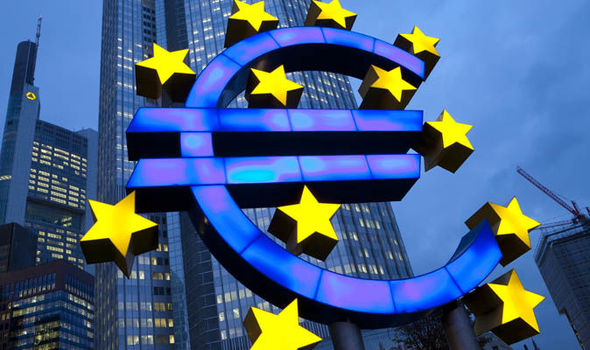Public Trust In Banks
Public Trust In Banks As conventional banks develop more inquisitive and progressively included in crypto, not everyone’s celebrating the move. On Friday, European Central Bank (ECB) policymaker and Bank of Italy Senator Fabio Panetta raised a ruddy hail. Panetta sees genuine chance. His message was clear: banks jumping into computerized resources might conclusion up paying a cost in client believe. And if that believe breaks, it’s not fair crypto that takes the hit – it’s the whole budgetary system. So, what’s got the ECB sounding the caution? And why presently, when crypto appropriation appears more standard than ever? Let’s break it down.
The Confidence Risk Banks Can’t Ignore
He cautioned that as more banks strike bargains with crypto firms, they hazard befuddling clients who might expect these items come with the same shields as conventional banking. Public Trust In Banks. “Crypto-asset holders might not completely get it their nature and conflate them with conventional managing an account items, with possibly negative repercussions for certainty in the credit framework ought to misfortunes happen,” Panetta said. To be reasonable, it’s not fair a speculative issue. If individuals lose cash considering their bank-backed crypto is as secure as a reserve funds account, the aftermath seem do genuine harm to open confidence.
Europe’s Banks Are Already in Deep!
Despite the dangers, a few of Europe’s greatest money related educate are as of now in the game. Italy’s Intesa Sanpaolo made a sprinkle prior this year when it bought one million euros worth of Bitcoin. The bank set up its possess computerized resource exchanging work area in 2023 and is presently taking care of spot crypto trades. Meanwhile, over in Spain, Santander is supposedly arranging a more profound crypto thrust. Agreeing to Bloomberg, the bank is considering propelling a stablecoin and advertising crypto get to to retail clients through its advanced platform. These advancements are precisely the kind Panetta is observing closely. Something to think approximately.
Stablecoins and Big Tech: A Bigger Threat?
Public Trust In Banks Panetta didn’t halt at crypto-assets. He too called out stablecoins, caution that their development seem undermined conventional installment frameworks particularly if enormous tech firms choose to toss their weight behind them. “In the nonattendance of satisfactory control, their appropriateness as a implies of installment is far fetched, to say the slightest,” he said. His concern is that enormous tech stages may advance stablecoins on a worldwide scale, sidelining central bank cash in the process.
Europe’s Strategy: Compete With Crypto, Not Ban It
Still, Panetta isn’t calling for a crackdown. Instep, he sees the arrangement in catching up – not clamping down. That’s where the European Central Bank’s computerized euro venture comes in. “What is required is a reaction that matches the progressing innovative transformation,” he said. “The computerized euro extend stems accurately from this need.” In brief, Panetta’s message is this: crypto’s not going absent. But if banks and controllers don’t move carefully and rapidly open believe might take a hit.
















